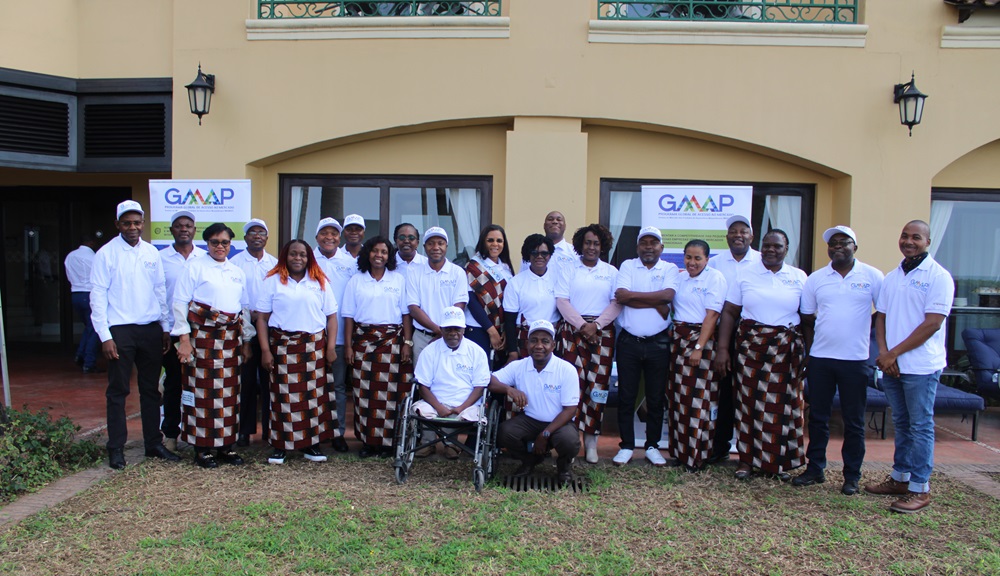
The second day of training for officials from the National Fish Inspection Institute (INIP) was entirely devoted to one of the biggest challenges facing the sector: diseases in aquatic animals. During the session on Tuesday, July 22, the 20 participants immersed themselves in an intensive study of the diagnosis, transmission, and classification of pathologies, as part of the training organized by UNIDO through the MAMAP project, funded by NORAD.
Under the guidance of expert Manecas Baloi, Module 3 covered a wide range of topics essential to health surveillance. Inspectors learned how to identify behavioral changes and clinical signs of disease, differentiate between infectious and non-infectious diseases, and understand the various levels of diagnosis. The session also addressed the means of disease transmission in the aquatic environment, the risks of zoonoses (diseases transmissible to humans), and the challenge of emerging diseases in global aquaculture.
This intensive focus on animal health directly addresses one of the barriers identified for the sector’s growth in Mozambique: the difficulty in sustaining disease surveillance programs and poor compliance with international standards. Effective disease control is crucial to maintaining access to demanding export markets, such as the European Union, an achievement that the partnership between UNIDO and INIP has already helped to secure in the past through its support to the Fish Inspection Laboratory (LIP).
The training, which is taking place at the Southern Sun Hotel, continues today with Module 4, focused on “Disease Prevention and Control,” where good practices in health management and immunoprophylaxis will be discussed. The event ends tomorrow, July 24.
Download the module presentation here
Watch the video of the presentation here:



